Your Twitter follower count is about to drop as part of a clean-up operation
Over the coming week, you may well notice that you lose a number of Twitter followers. Don't worry, it's (probably) not the result of something you said -- Twitter is having a spring clean and is cutting locked accounts from follower numbers.
The company says that the change is being introduced so that everyone's follower counts are "meaningful and accurate" and that they are something people can have confidence in. So just how many followers are you likely to lose?
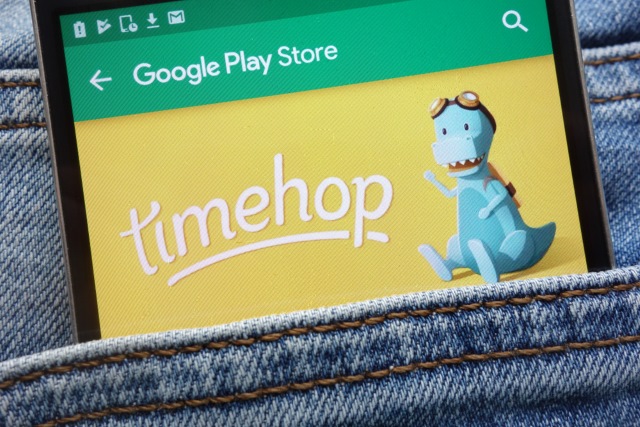
Timehop admits its security breach was worse than first thought
The security breach suffered by Timehop on July 4 was much more serious than the company first thought. In an update to its original announcement, the company has revealed that while the number of account affected by the breach -- 21 million -- has not changed, the range of personal data accessed by hackers is much broader.
Timehop has released an updated timeline of events, having initially felt forced by new GDPR rules to publish some details of the breach before all information had been gathered. The company says that it is also unsure of where it stands with GDPR, and is working with specialists and EU authorities to ensure compliance.
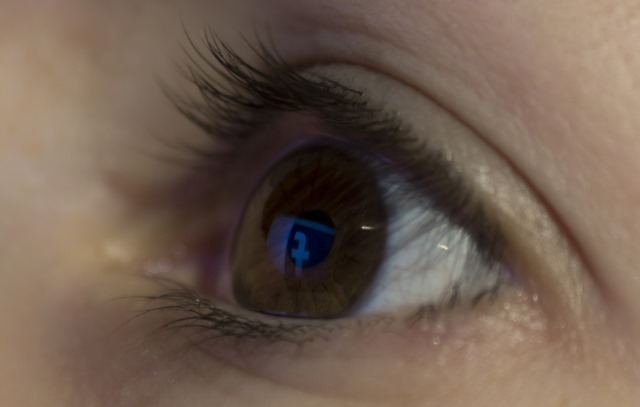
From discrimination to invasions of privacy: The dangers of social media background checks
Social media background checks are slowly becoming the norm. According to CareerBuilder, 70 percent of employers use social media in some way to vet their employees. In most cases, these checks are innocent -- or at least well-intentioned. Employers want to make sure the people they hire are conducting themselves online appropriately and respectfully. No brand wants one of their employees sending out offensive tweets on a regular basis or badmouthing his or her boss on Facebook.
Intention is not the only thing that matters with social media background checks. In fact, employers can, and do, stumble into a mess of legal and ethical implications by looking at a job candidate’s Facebook page or Twitter account. Here are some of the biggest dangers of social media background checks.

Hacked: Timehop database breach exposed details of 21 million users
Timehop -- the social network for those who like to reminisce -- has revealed that it fell victim to a security breach on Independence Day. The attacker managed to access an internal database stole the personal data of 21 million users from Timehop's Cloud Computing Environment.
The vast majority of those affected by the "security incident" (as Timehop refers to it) had their names and usernames exposed, but for nearly a quarter of them -- 4.7 million -- phone numbers were also exposed. The hacker also took access tokens which could be used to view users' posts.
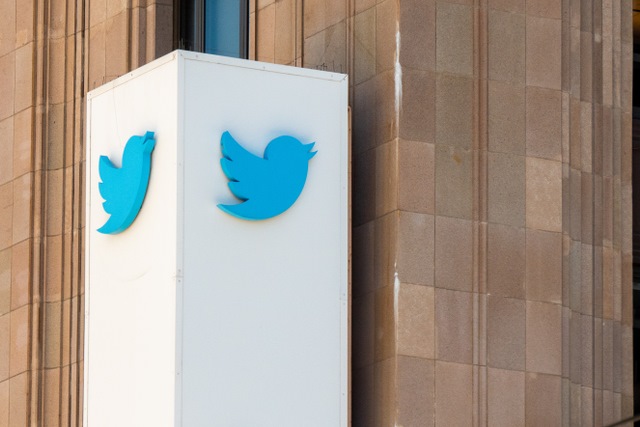
Twitter is suspending more suspicious accounts than ever -- over 70 million in the last two months
Twitter has revealed that in May and June it suspended more than 70 million accounts as it continues its battle against trolls, fake profiles, bots and abuse.
Closing down over a million accounts a day means that Twitter has more than doubled its rate of clamping down since October, and the suspension rate is continuing into this month. The company confirmed the figures to the Washington Post, but refused to comment on what this might mean for overall user numbers.
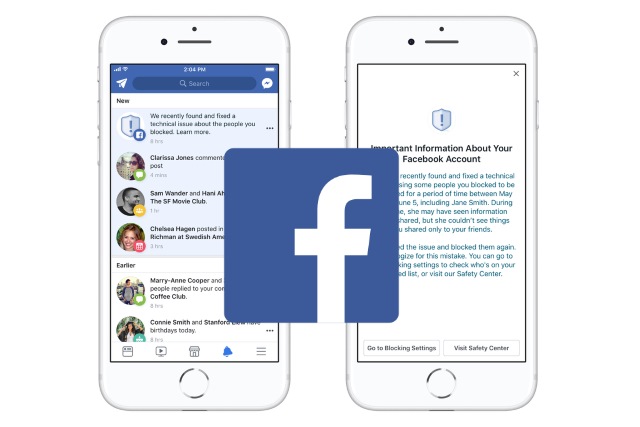
Facebook bug secretly unblocked people you thought you'd blocked
Facebook is primarily about connecting with other people, but its "block" functionality certainly has its place for avoiding those you don't want to be in touch with for one reason or another. It's a great option to have... until it goes wrong.
And that's precisely what happened. The social network has admitted that more than 800,000 were hit by a bug that meant people they had blocked on either Facebook or Facebook Messenger were temporarily unblocked and able to see content that had been posted.
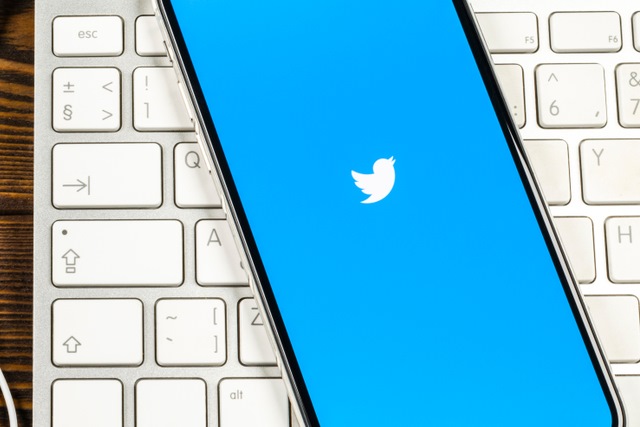
Twitter tries to fight spam by forcing new users to verify their email or phone number
Twitter -- like many social media platforms -- has its fair share of problems, including trolling, spam, abuse and fake accounts. The company has fought something of a losing battle in trying to regain control of things, but it is confident it has started to make progress.
In a blog post in which it shares details of this progress, Twitter also reveals plans to crack down on people who "try to take advantage of our openness". In a bid to cut down on the number of spam accounts that crop up, Twitter is going to require anyone signing up for a new account to confirm their email address or phone number.
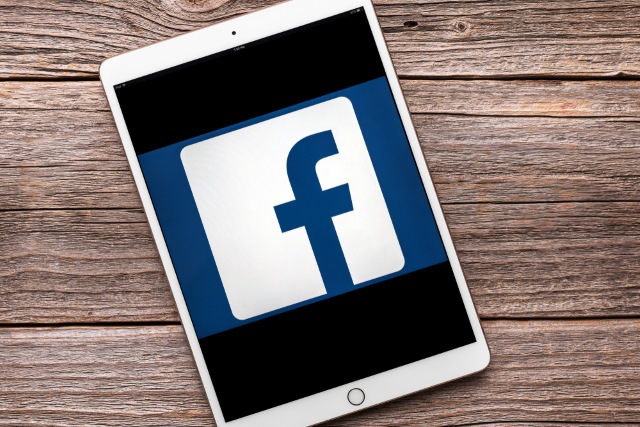
Facebook relaxes its ban on cryptocurrency ads
There has been a spate of bans on cryptocurrency ads in recent months, but Facebook has had something of a change of heart and has decided that some such ads are permissible on its platform.
It is important to note that this is just a relaxation of the ban Facebook introduced back in January, not a complete lifting of it. There are various caveats here, including the fact that advertisers will have to be "pre-approved".
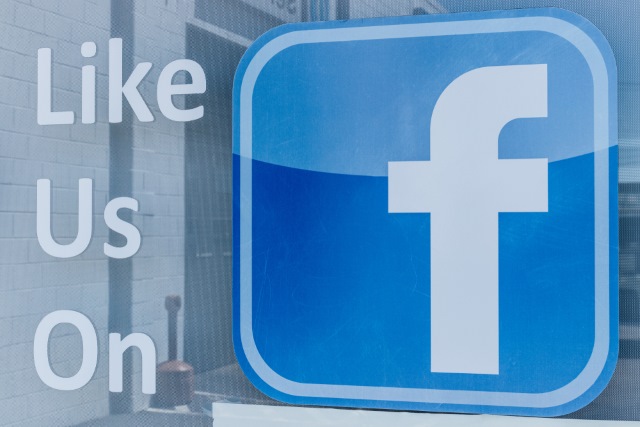
Privacy: Facebook advertisers must warn users if ads are targeted because of data they purchased
The fall out from the Cambridge Analytica scandal continues for Facebook, and the social media giant is busy trying to repair its somewhat tattered reputation. The latest measures see the company introducing new privacy safeguards to inform users if advertisers are using information supplied by so-called "data brokers".
These brokers are firms that gather data about people and then sell this information on to other companies, often for the purposes of targeted advertising. Facebook is not banning the practice, merely requiring advertisers to keep users informed.
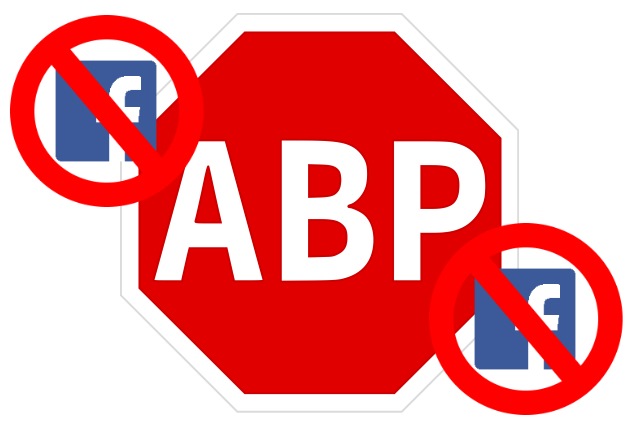
Adblock Plus blocks social media tracking in Chrome and Firefox
There has been a lot of talk recently about Facebook tracking users (and non-users) as they browse the internet. Ever a proponent of user empowerment, Adblock Plus has unveiled new features that make it possible to block tracking through social media buttons.
The company notes that Apple promised at WWDC to block social tracking, but with Adblock Plus this feature is available right now, regardless of whether you're an Apple customer. The only limitation is that you need to be using either Chrome or Firefox as your web browser.
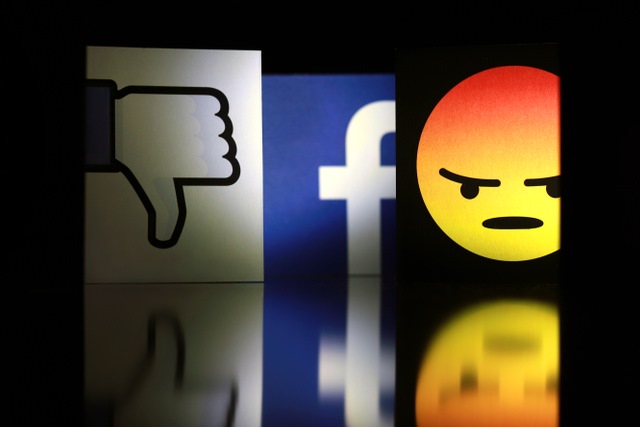
Facebook bug makes millions of users' private posts public
Facebook is in the process of contacting 14 million users after it emerged that a bug led to private posts being made public. A problem with the company's "audience selector" tool between May 18 and 27 meant that millions of posts meant for a limited audience were actually made available for everyone and anyone to see.
The social network has apologized for the incident and says that it will notify everyone who was affected by the bug. The SNAFU comes at a bad time for Facebook, as the company tries to rebuild a reputation tattered by the Cambridge Analytica scandal, and the news that the social network had data-sharing agreements with Chinese firms.
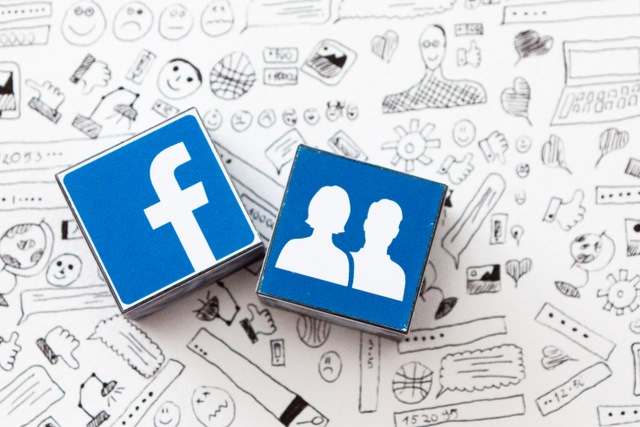
Facebook confirms data-sharing agreement with Chinese companies including Huawei
Facebook has confirmed that it has data-sharing agreements in place with at least four Chinese companies. Among these companies is Huawei, a firm that has attracted the attention of intelligence agencies in the US because of national security concerns.
The news comes not only in the wake of the Cambridge Analytica scandal, but also reports this week that Facebook shared data with device manufacturers. The social network said that in addition to Huawei, it has data-sharing contracts with Oppo, Lenovo and TCL -- despite the fact that Facebook is banned in China.
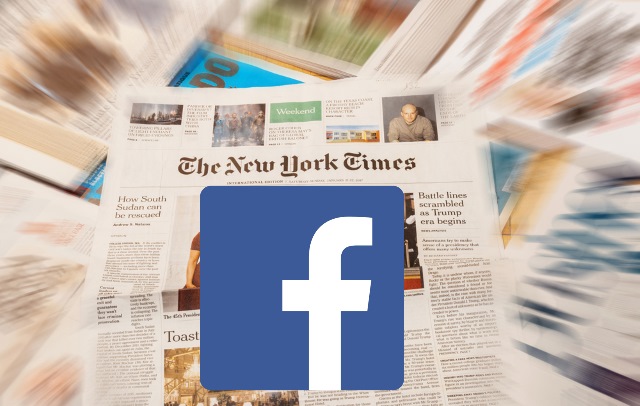
New York Times alleges Facebook shared user data with companies via device-integrated APIs
Facebook has vigorously denied allegations that it shared user data with the likes of Apple and Samsung through device-integrated APIs. In an article entitled "Facebook Gave Device Makers Deep Access to Data on Users and Friends", the New York Times raised concerns about the social network's privacy practices.
The NYT says that Facebook has brokered "data-sharing partnerships with at least 60 device makers" over the last ten years. It alleges that the APIs gave companies access to the data of Facebook users' friends without their explicit consent. The article questions not only Facebook's privacy protections, but also its compliance with an FTC deal it struck back in 2011.
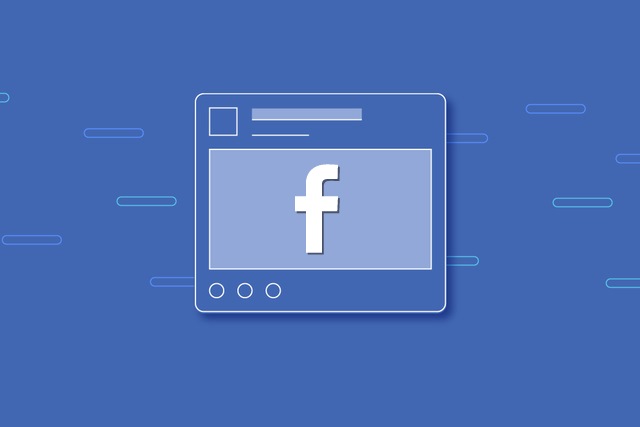
Facebook is killing off Trending as it tries to revamp newsfeeds
Facebook has announced plans to kill off the Trending feature of its newsfeed. The social network says that this is to "make way for future news experiences".
Over the years, Facebook has experimented endlessly with the presentation of news, and has faced criticism for failing to weed out "fake news" and also accusations of liberal bias. Now the company wants to find new ways to help people find news that matters to them, ensuring that it comes from reliable sources.
Facebook to ask all users to review privacy settings
With the recent scandals involving Facebook coupled with the impending arrival of GDPR in Europe, there has been a lot of talk about privacy recently. Now the social networking giant is to start asking all of its users to review information about privacy and "how to control their experience".
The company says that it introduced updated data policies and made privacy settings easier to find, as well as making other changes, in Europe, and now is rolling out the same things to the rest of the world.
